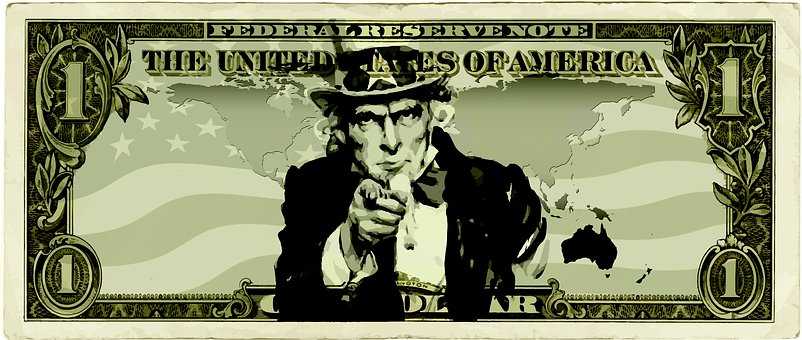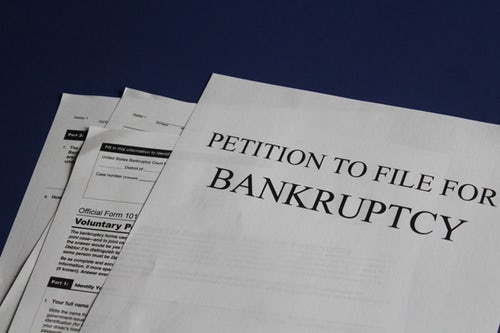This topic is also covered in a Podcast episode:
SBA Lien Release
If you are seeking to have your home released as collateral for your SBA loan, you should know the following about SBA loan and lien releases:
Even if you have been discharged from personal bankruptcy, you will not automatically receive an SBA lien release on your home. This is especially true if there is equity in your home. The bank must voluntarily agree to release their mortgage. Even if your home has no equity in it, lenders will not release it for free.
Common questions regarding the release of collateral for an SBA loan:
Do I need to submit an SBA Offer In Compromise to have my home released?

Technically, no. But in reality, the path you take depends on whether or not you are personally liable for the debt. Almost every SBA loan requires personal guarantees from the owners of the business. Chances are that you are personally liable for your SBA loan if you owned more than 20% of the business. The most common exceptions would be for someone deemed to be a “key” employee or after a chapter 7 BK.
If you ARE personally liable for the debt, in most cases you will want to submit an OIC. That way you can seek to have BOTH your personal guarantee and your home released simultaneously. The last thing you’d want is to get the SBA lien on your house released, then have the bank sue you under the personal guarantee.
Let’s say you are NOT personally liable for the debt (most commonly it would be due to a personal BK, or if you pledged your home as a favor to a borrower), and want the lien associated with your SBA loan to be released. In that case, an OIC would NOT be needed.
FYI – SBA preferred lenders have the authority to release collateral without the need for SBA approval. In fact, the SBA doesn’t even require lenders to notify them of a collateral release. So if your lender tells you they need SBA approval, find out if they are a preferred lender. If they are, and still tell you that the SBA needs to approve it, your bank is confused.
Does the SBA have a lien on my home?
Unless you had a disaster loan, probably not. In the overwhelming majority of cases, the originating lender is the lien holder. This is why, in most cases, you need to negotiate with your original lender and not the SBA to get an SBA loan release.
What if my file was referred to the SBA or Treasury? Can I still get my SBA lien released?

That’s a huge pain in rear end. You’ll need to coordinate with whoever is servicing the file to return it to the originating bank. If it’s with SBA, they mostly get it and can do that without a ton of fanfare.
If it’s with the Treasury? My advice would be to get one of those Time-Life operator headsets. Because you are going to be spending a fair bit of time attempting to convince some incompetent and indifferent Treasury employees what needs to happen.
My personal guarantee was discharged through chapter 7 personal bankruptcy. My bank is still asking me for a personal financial statement. Should I give it to them?

If you are not personally liable, they should not be asking for that. I even had an attorney suggest that asking for that info could actually be considered an attempt to collect on a discharged debt, which is against the law. Whenever that has happened to a client of mine, I always push back and the bank usually realizes their mistake.
Can the bank or SBA put a lien on my home even if I don’t agree to it?
Yes, that’s what’s known as a judgement lien. If your SBA lender obtains a judgement against you, they can place a judgement lien on your personal assets, which includes your personal residence. Whether they can foreclose on a judgement lien depends on the state.
DLA can negotiate with your lender for an SBA lien release, ensuring that you never have to worry about the lender foreclosing at some point in the future.